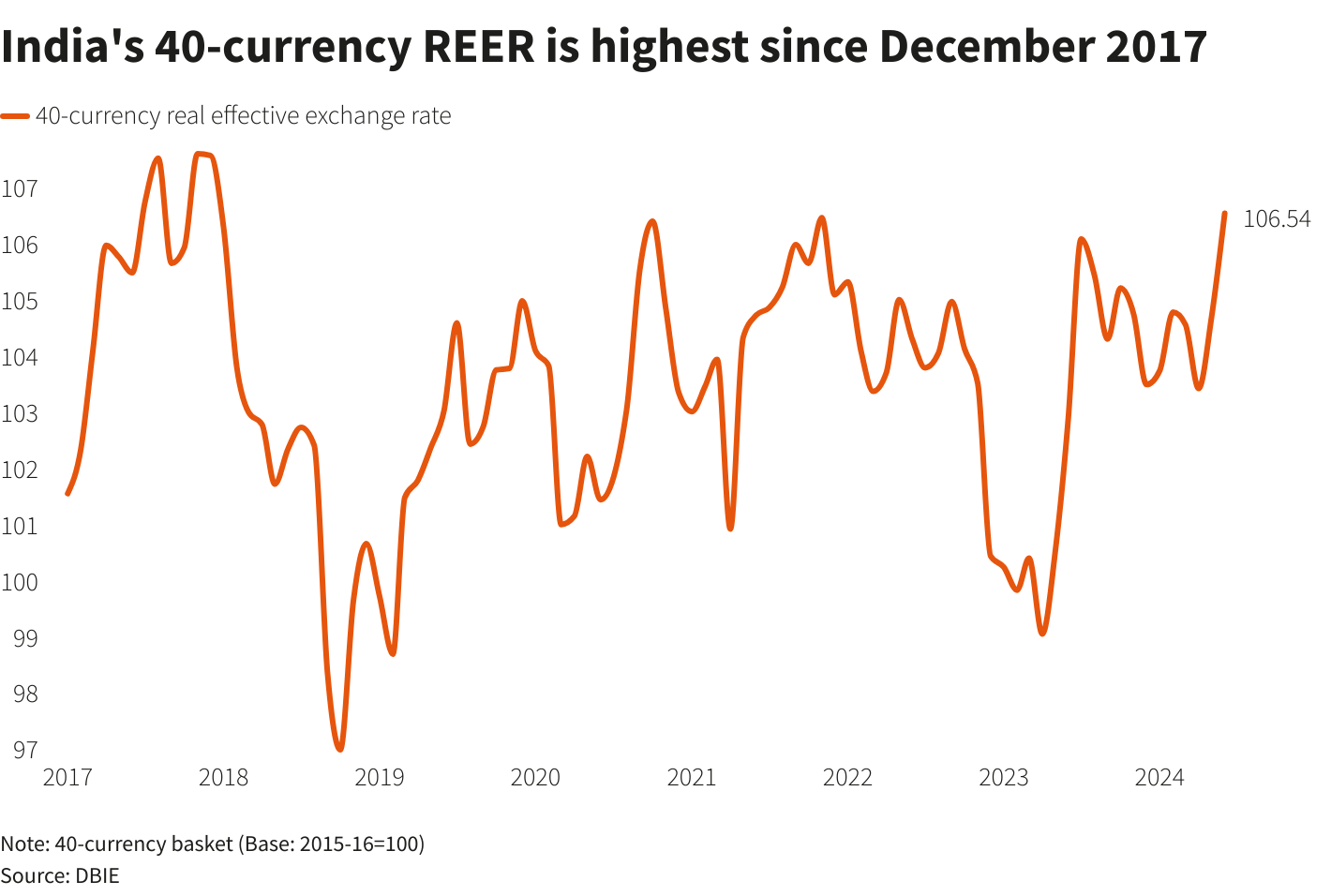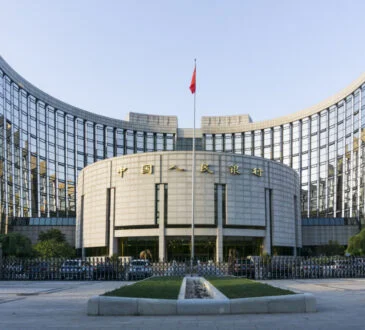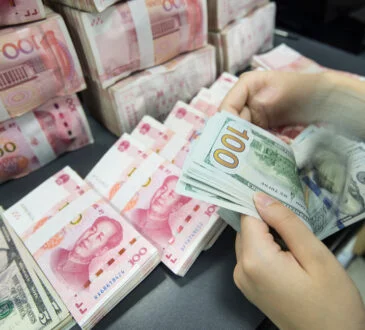MUMBAI, July 22 (Reuters) – The Indian rupee dropped to a lifetime low on Monday amid a decline in the Chinese yuan and a valuation that by one measure is the most stretched in six-and-a-half years.
The rupee was quoting at 83.6725 to the U.S. dollar at 12:40 a.m. IST, inching past the 83.6650 lifetime low hit in June.
It has dropped 0.35% this month despite healthy portfolio inflows. Foreign investors have poured $5 billion into Indian equities and debt so far this month, per NSDL data.
The Reserve Bank of India (RBI) has likely absorbed a large part of the inflows, spurring a jump in foreign exchange reserves.
The rupee’s elevated real effective exchange rate (REER) is a factor for the RBI absorbing the dollar inflows and not wanting the currency to appreciate, said Gaura Sengupta, an economist at IDFC First Bank.
The rupee’s trade-weighted REER, based on a basket of 40 currencies, was 106.54 in June, according to the RBI’s monthly bulletin, implying that it is more than 6% over-valued.
That is the most expensive the rupee has been, relative to its trading peers, since December 2017.

The RBI would want to ensure that the rupee does not appreciate too much from here relative to the currencies of its trading partners, including China, Gupta said.
The Chinese yuan dropped to 7.2959 to the dollar on Monday, taking its year-to-date losses to 2.3%. The rupee, meanwhile, is down 0.6%, the least among major Asian peers.
Thanks to the RBI’s dollar purchases, India’s forex reserves climbed by $14.86 billion in the first two weeks of July to hit an all-time high of $667 billion.
The RBI may be allowing the rupee to weaken to “bring it closer in line,” to its Asian peers, a senior trader at a foreign bank said.
At the same time, it would seem that the central bank does not want the rupee to depreciate quickly. It has been selling dollar/rupee in the non-deliverable forward and the spot markets to make sure there is no pickup in volatility.
Sign up here.
Reporting by Nimesh Vora; Editing by Savio D’Souza
Our Standards: The Thomson Reuters Trust Principles.





